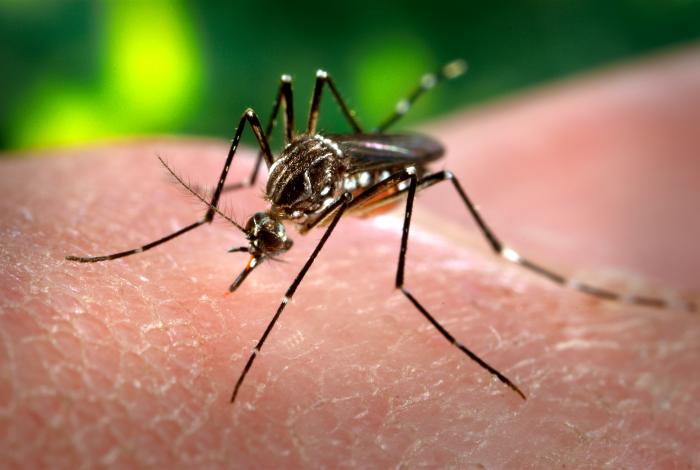

Since it was first reported in May of last year, cases of infection with the Zika virus–which is spread through mosquitoes–have continued to increase, with World Health Organization officials saying that the virus is “spreading explosively”. Today, the WHO announced that it will hold an emergency meeting this Monday, February 1, in Geneva, to evaluate the possible link between Zika and neurological diseases as well as physical abnormalities in newborns, and decide whether the outbreak should be considered a public health emergency.
The decision will guide what further steps and preventative measures the organization will take to combat this outbreak. Of particular interest is deciding whether Zika is the cause of the increase in microcephaly, a condition that causes babies to be born with abnormally small heads. Since October, Brazil has reported 4,180 cases; previously, the country reported only about 150 cases per year, according to The New York Times.
In addition to microcephaly, there have also been reports of a connection between Zika virus and Guillain-Barré syndrome–a condition in which the immune system attacks the nerves and can lead to paralysis; the syndrome is often triggered by a bacterial or viral infection. While WHO officials say it’s important not to jump to conclusions, they wrote that while a causal relationship between Zika and birth defects and neurological conditions had yet to be established, it is “strongly suspected”.
It seems this meeting can’t come soon enough. A group of scientists wrote last week in The Lancet that the outbreak is likely to continue to spread. The United States in particular has had about 20 cases since May–all of which came from people who had been travelling to outbreak areas and were infected there. However, as the scientists note, of the 9.9 million travellers that leave Brazil each year, the United States receives almost 3 million. In addition, the mosquito that transmits the Zika virus–Aedes aegypti–is common in the southwestern U.S. The scientists estimate that 22.7 million people live in areas, “conducive to year-round transmission.”
The CDC as well as the WHO affirm that the main way a person can be infected with the virus is by being bitten with a mosquito that carries it. Last week, a New York Times report noted two case reports, one from 2013 and another from 2008, that suggest that, rarely, the virus could be transmitted through sex. However, based on just these few cases, the evidence is slim.
Earlier this month in Hawaii, the CDC confirmed the first case of microcephaly in the United States thought to be linked to Zika. The mother had travelled to Brazil while she was pregnant. Currently, the CDC is urging women who are planning on becoming pregnant not to travel to areas where the virus is rampant. Health officials in Colombia, Ecuador, El Salvador, and Jamaica have warned women to avoid becoming pregnant while the virus spreads.
There is currently no vaccine or cure for the virus, in which symptoms–like fever, headache, and muscle pain–show up in about 20 percent of those infected.
